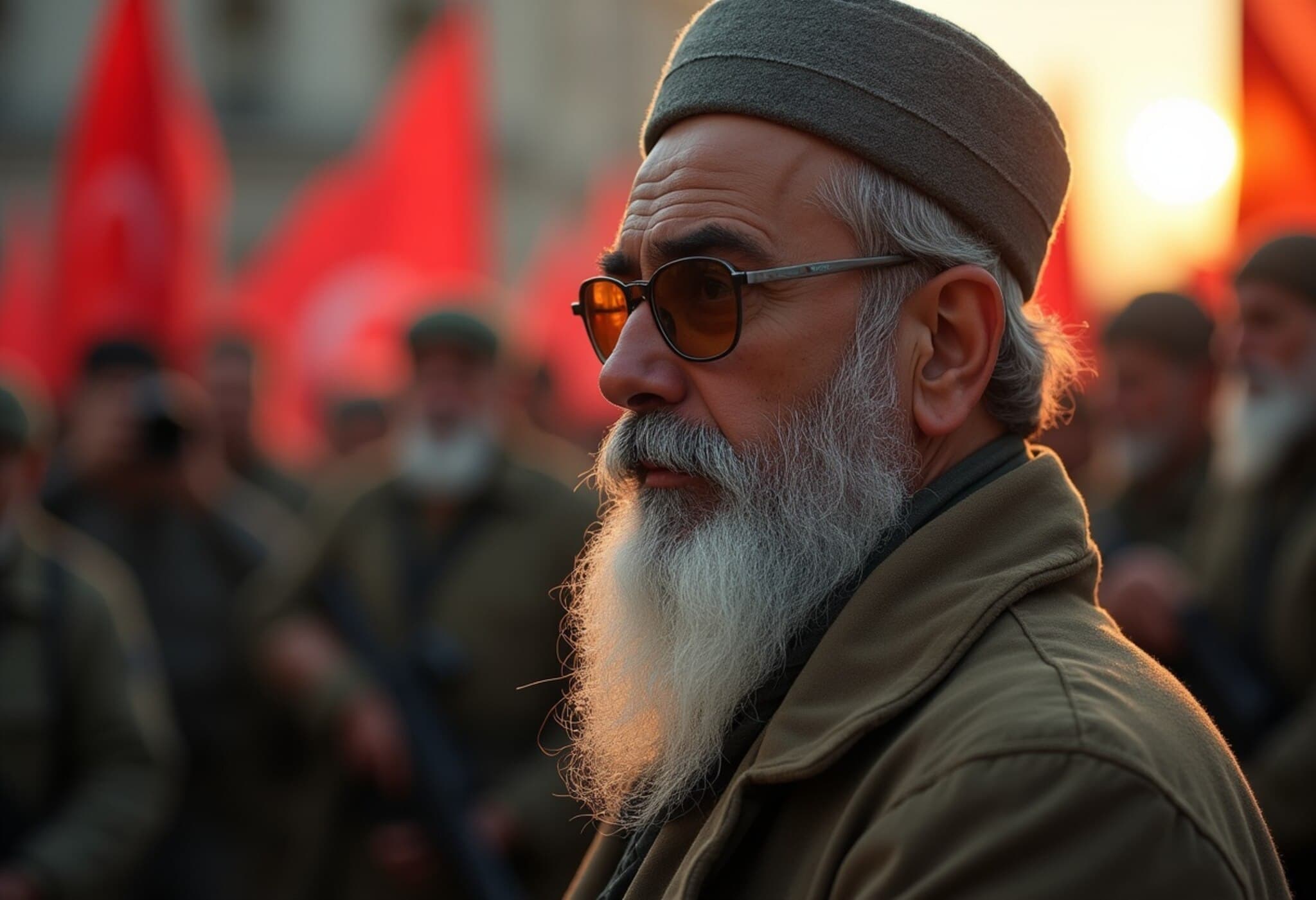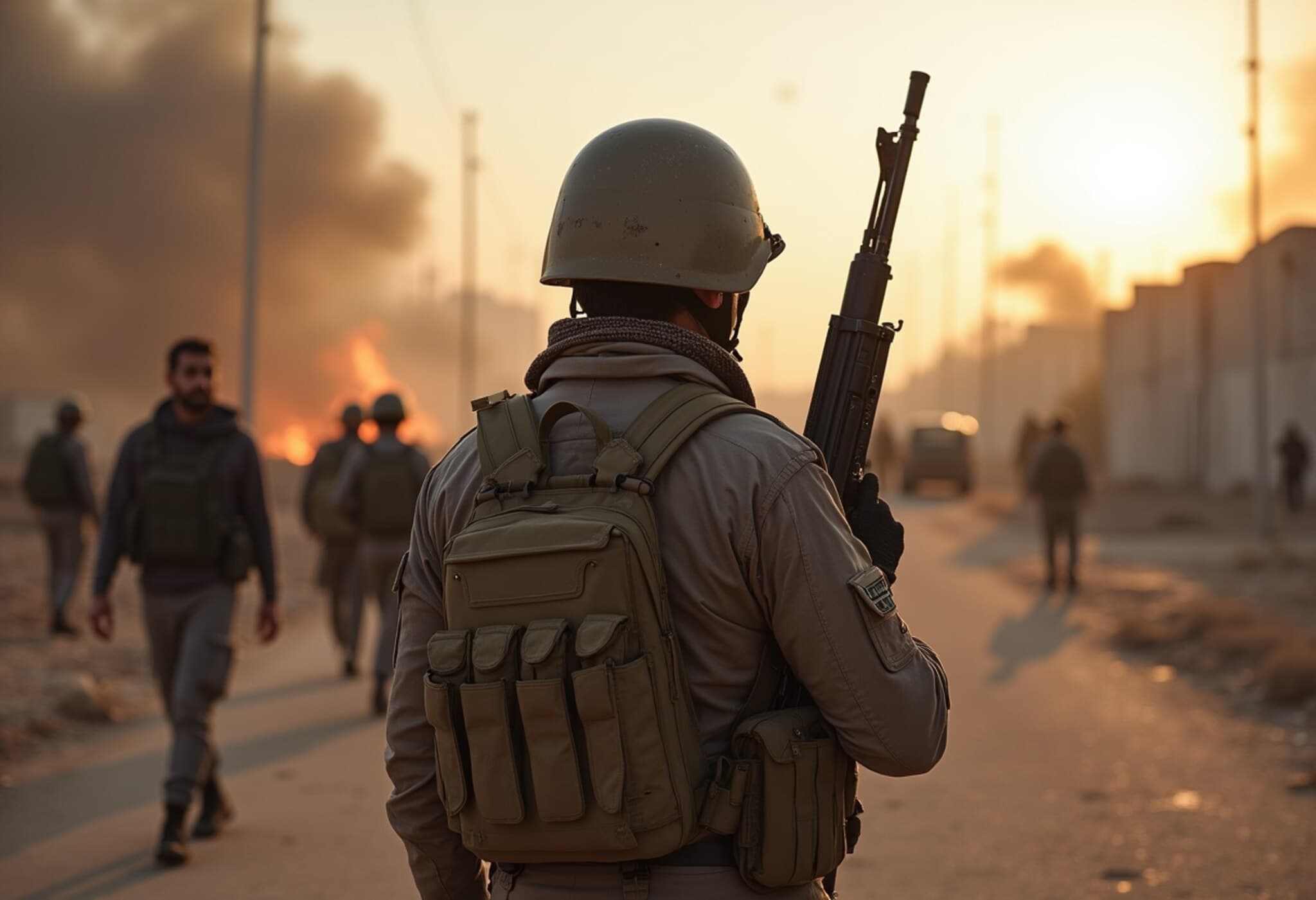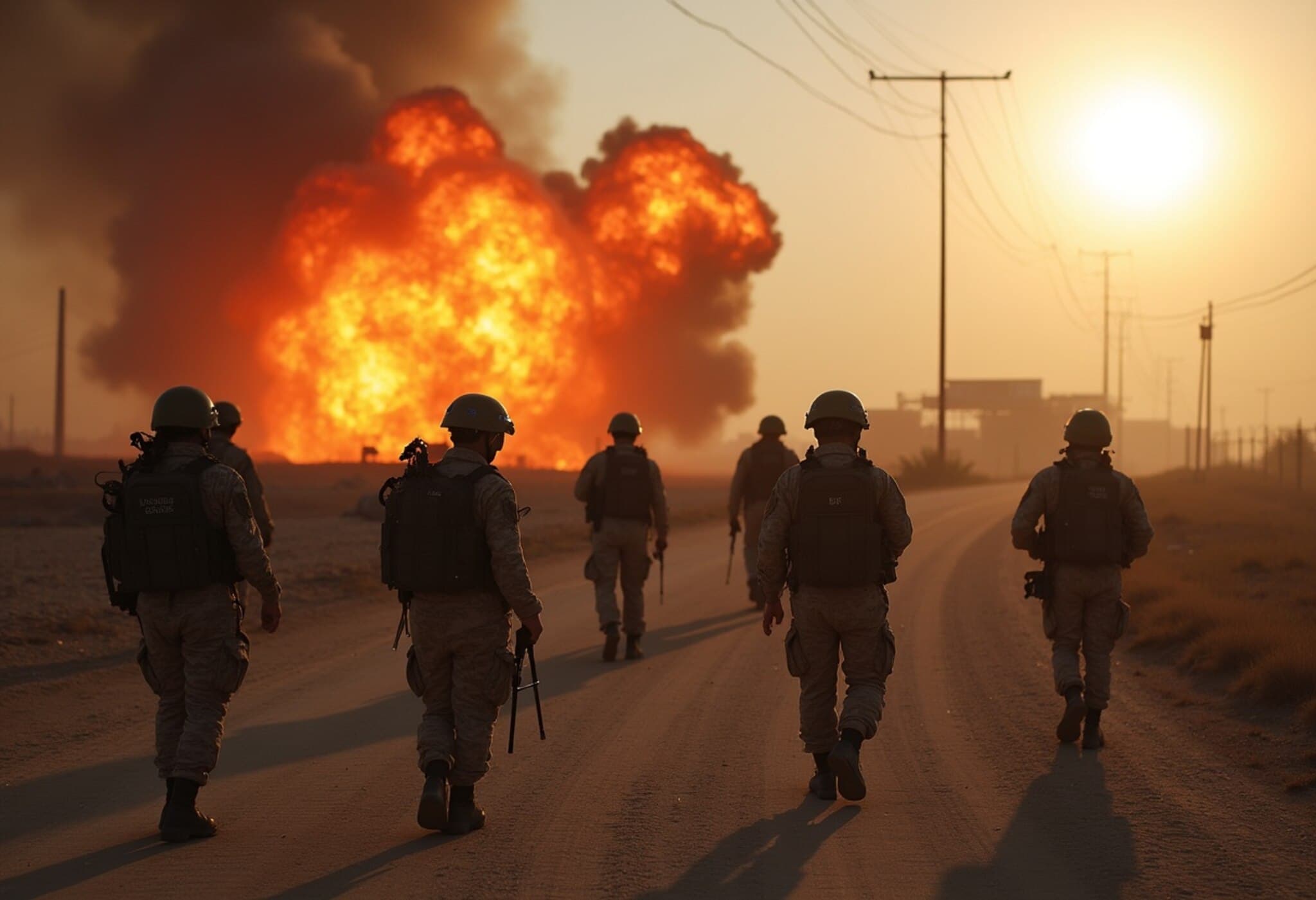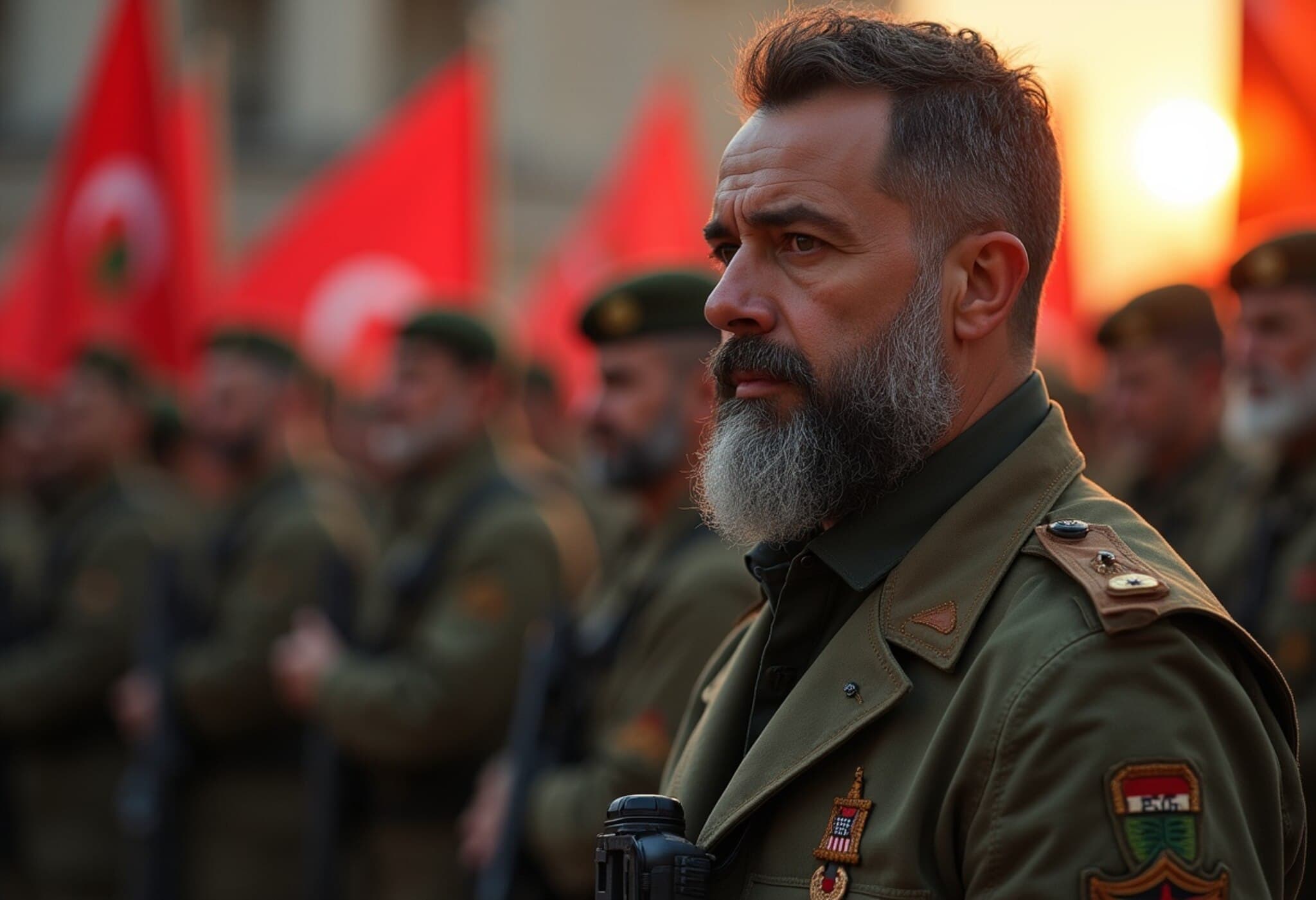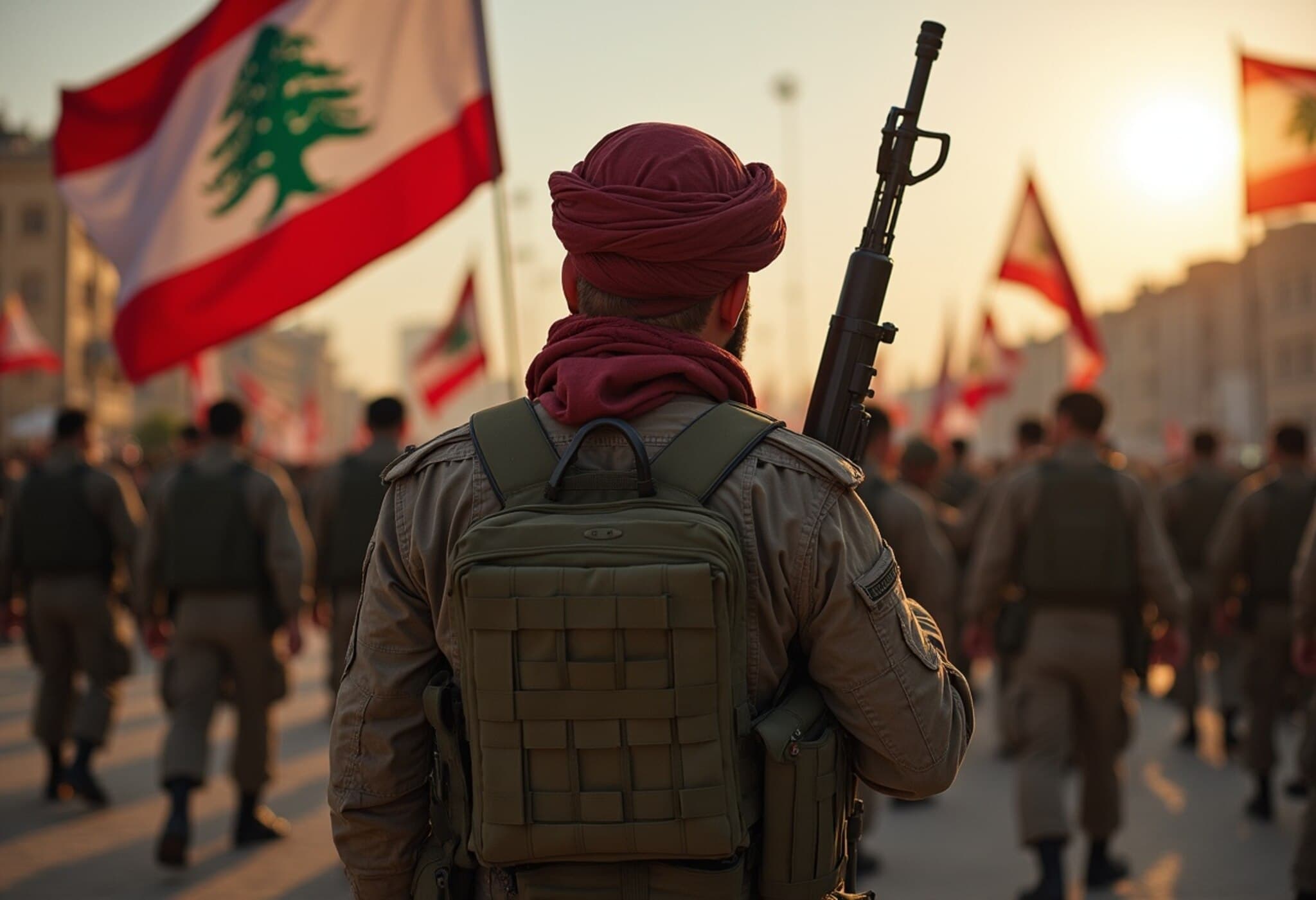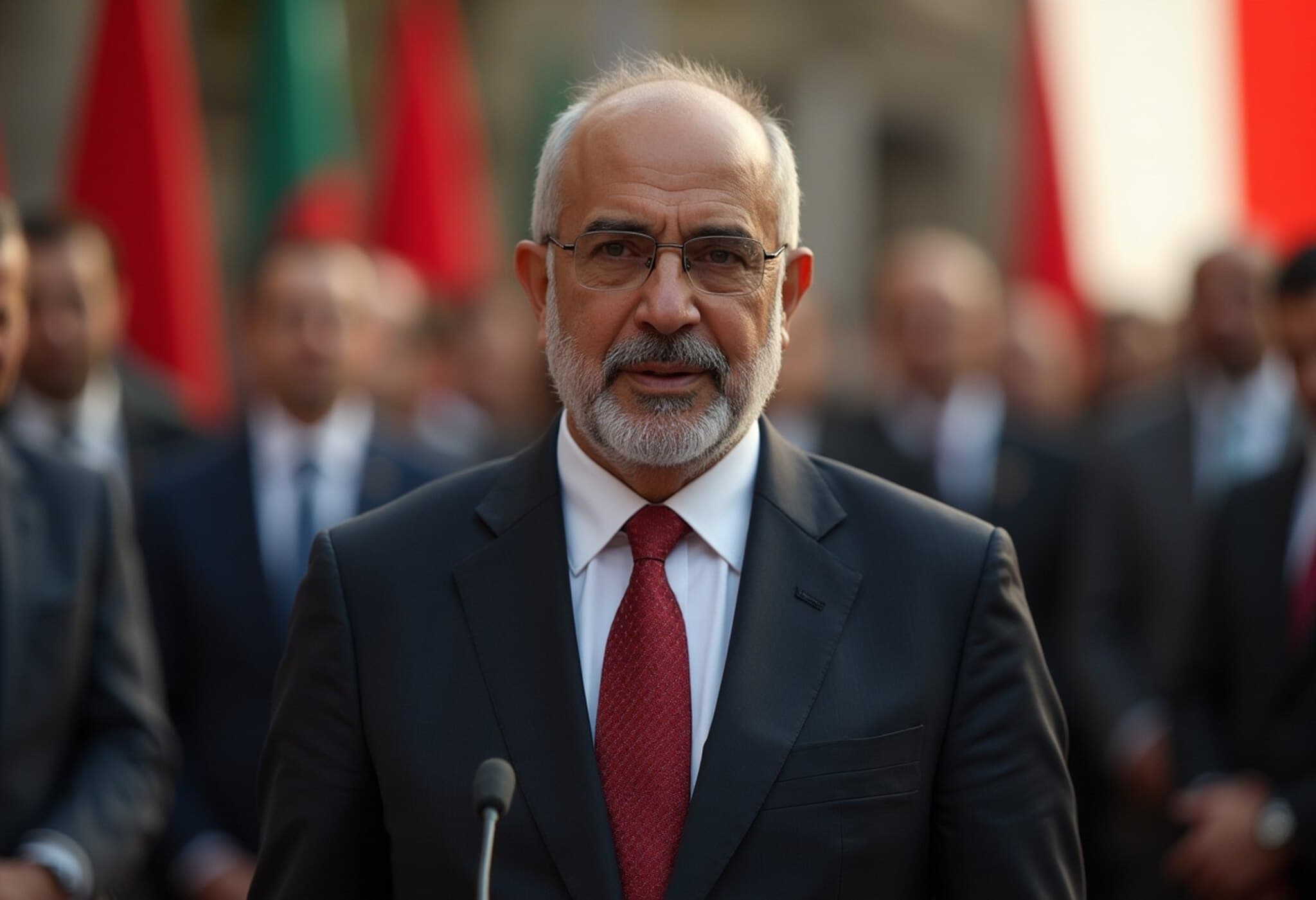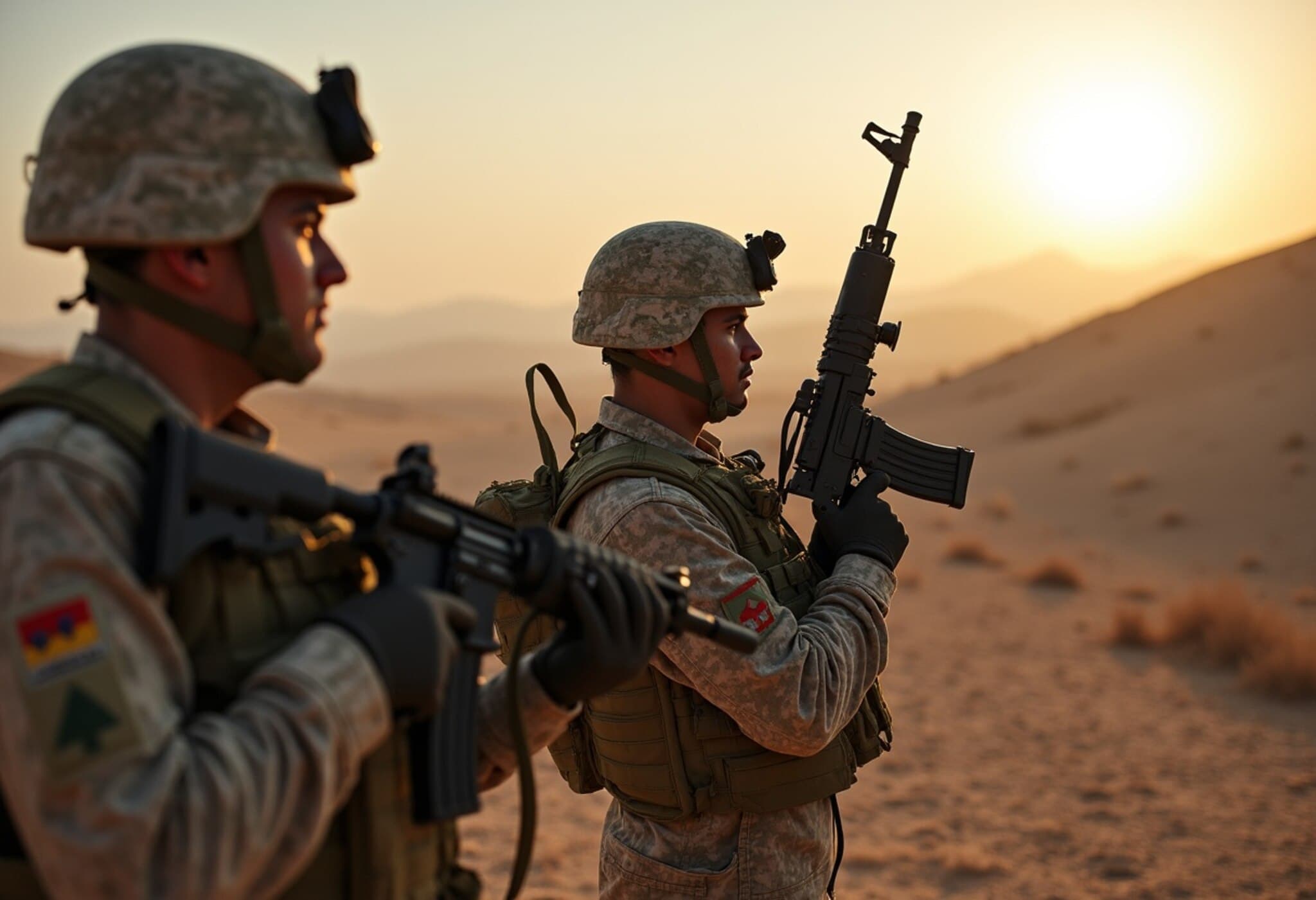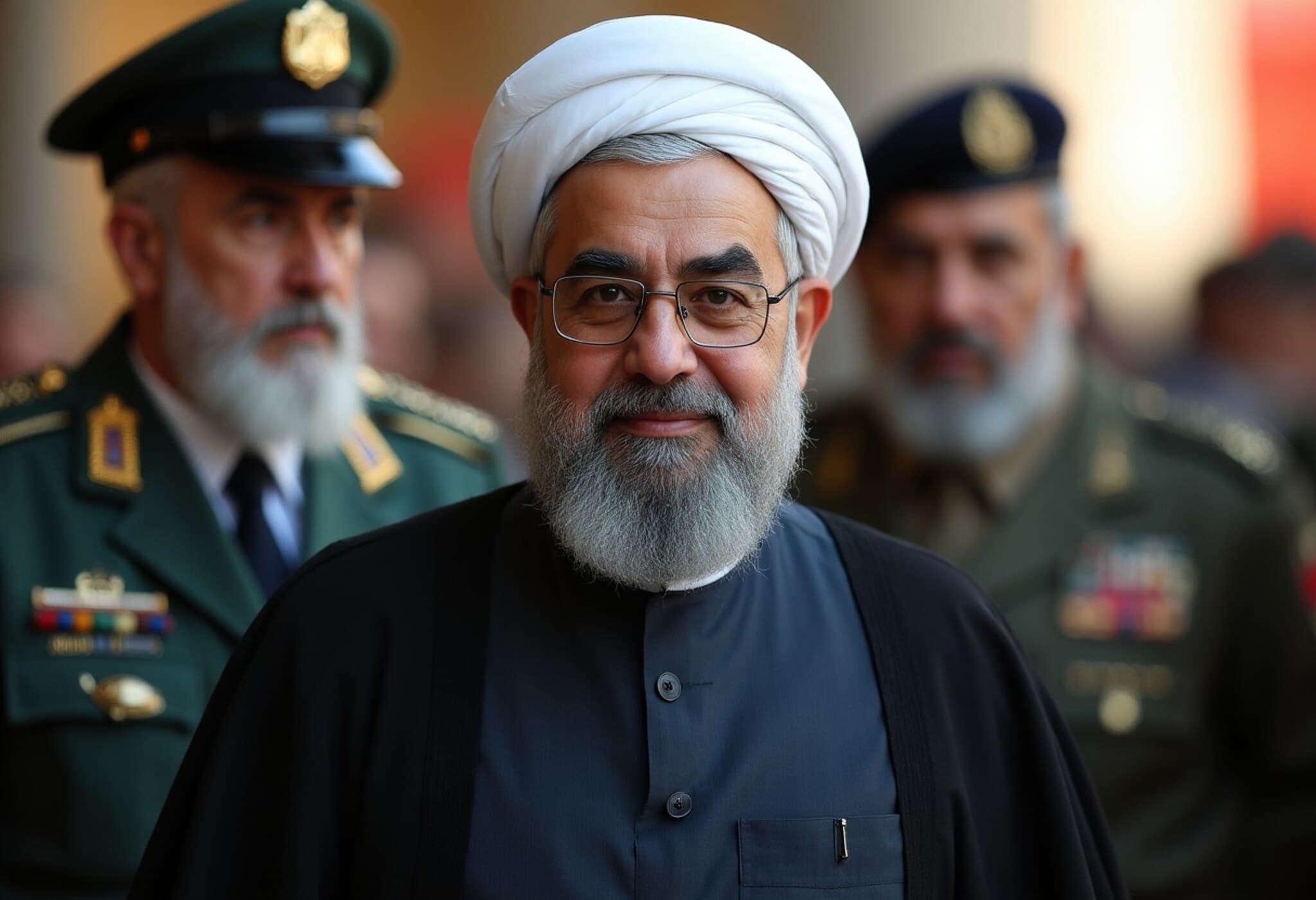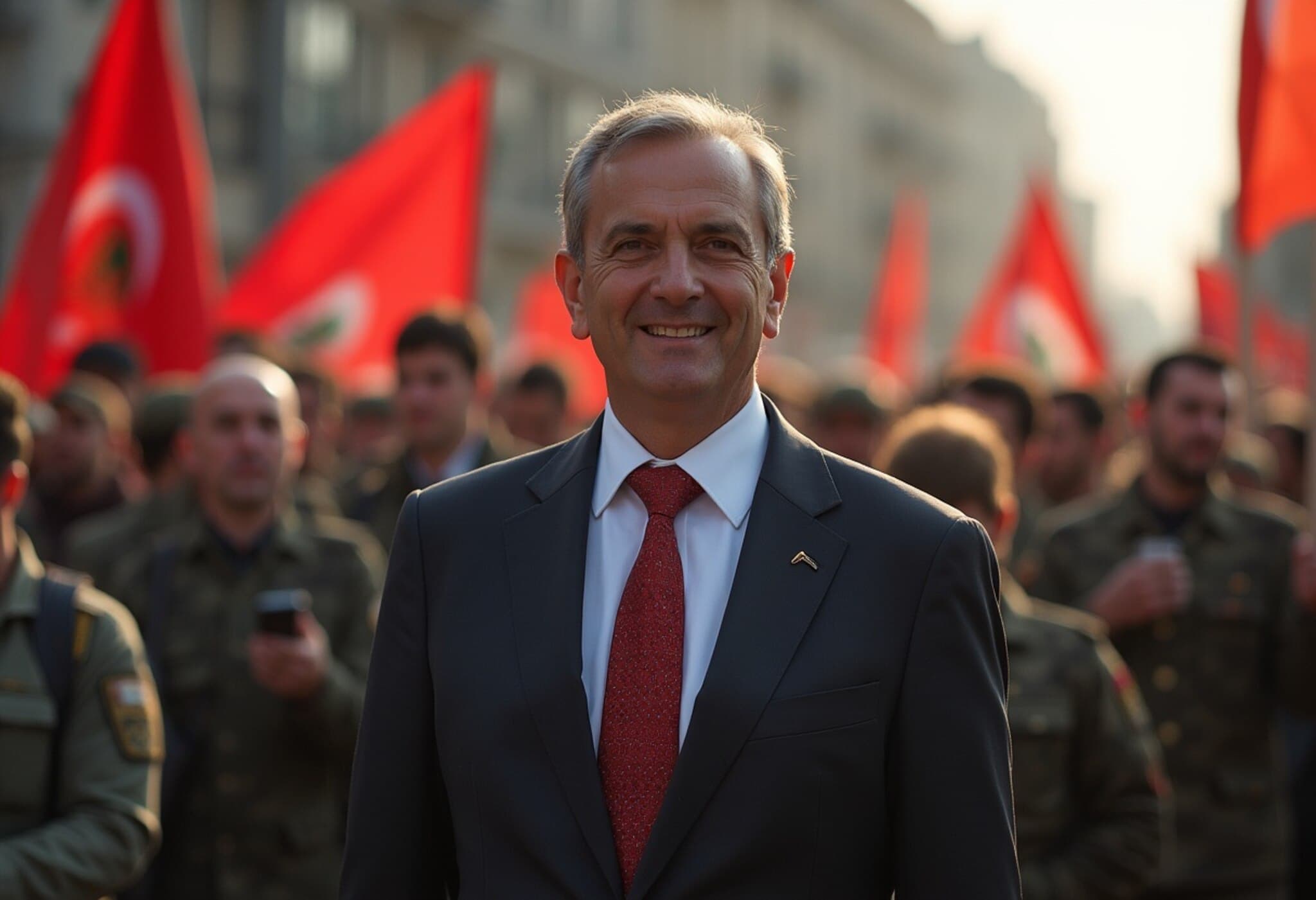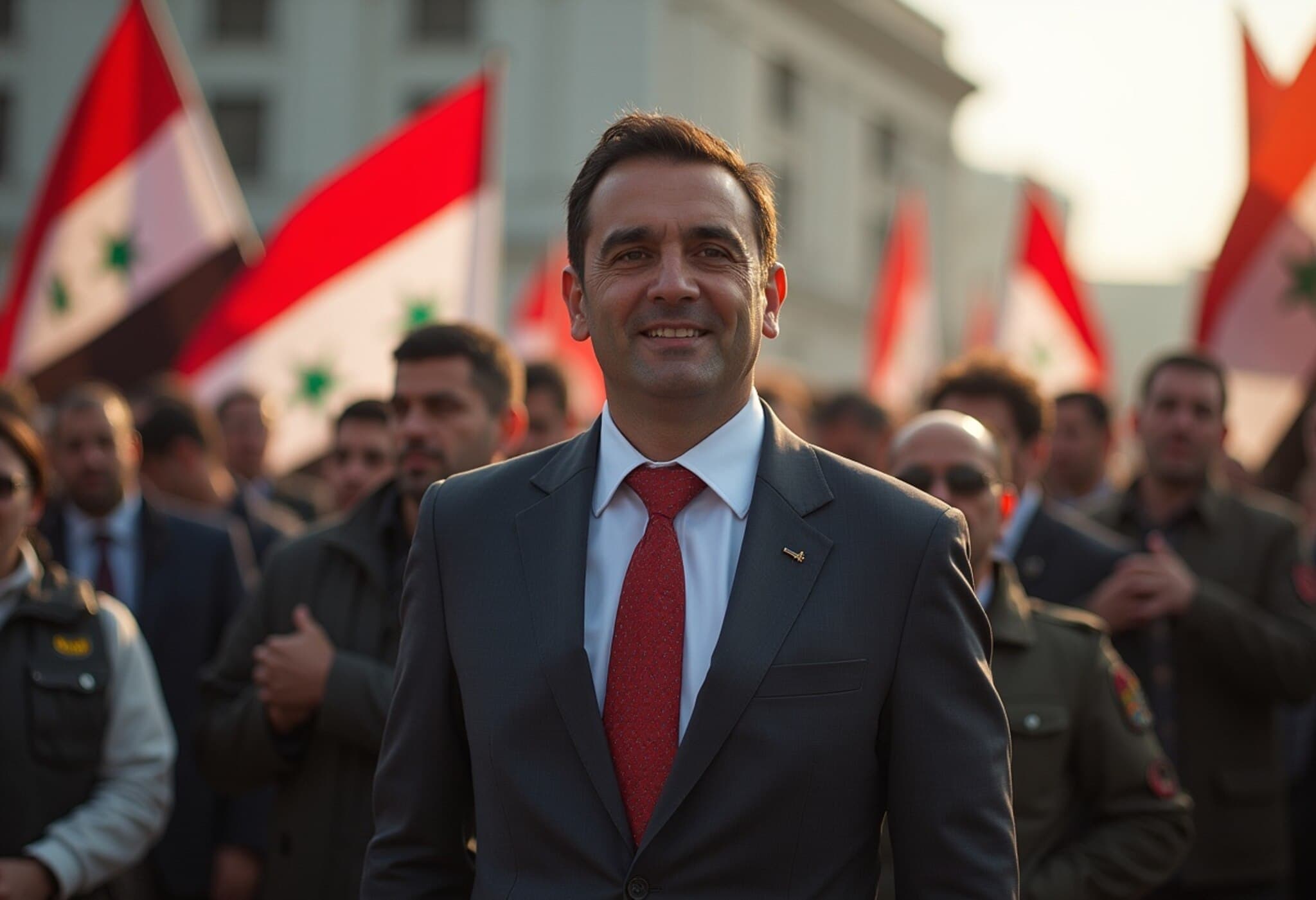Hezbollah Issues Stark Warning Amid Lebanon’s Political Tensions
In a dramatic statement underscoring Lebanon’s deepening internal crisis, Hezbollah’s deputy leader Sheikh Naim Qassem warned on Friday that Lebanon’s very existence could be jeopardized if the government attempts to confront or disarm the Iran-backed militant group. "Lebanon will have no life if you stand on the other side and try to confront us and eliminate us," Qassem said during a televised address, delivered from an undisclosed location. This tense declaration comes amid mounting efforts by Lebanese authorities, under international pressure, to assert control over weapons held by armed factions outside state control.
Context: Disarmament Efforts and Regional Stakes
The Lebanese government, aligned with a U.S.-backed initiative, is seeking to monopolize arms within its borders, particularly targeting Hezbollah’s military capabilities. The militant group, which emerged nearly 40 years ago with backing from Iran's Revolutionary Guards, vehemently opposes disarmament until Israeli operations against its positions cease. Hezbollah maintains that Israeli strikes and occupation in southern Lebanon justify its armed presence.
Israeli military campaigns in recent years have targeted Hezbollah extensively, including the elimination of several top commanders. Reports indicate that over 5,000 of Hezbollah’s fighters have been killed, alongside significant destruction of their weapons caches. Despite these blows, Hezbollah continues to hold considerable influence within Lebanon’s Shi’ite community and its political landscape.
Government Response and Political Fallout
Lebanese Prime Minister Nawaf Salam rebuffed Qassem’s remarks as an implicit threat of civil war, labeling them "unacceptable" and emphasizing that no political faction is permitted to possess arms independently of the Lebanese state. His comments, disseminated via social media and an interview with the pan-Arab newspaper Asharq Al-Awsat, reflect a government struggling to exert authority amid competing armed groups.
Last week, Lebanon’s cabinet tasked the national army with exclusive responsibility for weapons, a move Hezbollah condemned as an attempt to dismantle its “resistance” capabilities under foreign influence, particularly citing American and Israeli pressures.
Possibility of Dialogue and Risks of Escalation
Despite the threatening rhetoric, Sheikh Qassem indicated restraint for now, stating that Hezbollah and its Shi’ite political ally Amal have decided against immediate street protests. He signaled a willingness to engage in negotiations to find a political solution, warning, however, that if disarmament efforts are imposed forcibly, widespread protests could erupt, including demonstrations targeting the American embassy.
This delicate balancing act takes place against the backdrop of the October 2023 conflict, when Hezbollah launched attacks against Israeli positions in solidarity with Hamas at the onset of the Gaza war—further complicating Lebanon’s fragile security situation and exacerbating external pressures and internal divisions.
Hezbollah’s Political Clout and Public Sentiment
- Hezbollah and Amal continue to occupy key Shi’ite political seats, including ministerial roles and parliamentary representation.
- For the first time in years, they lack enough cabinet seats to block government decisions unilaterally.
- Calls for Hezbollah’s disarmament are growing stronger among Lebanon’s non-Shi’ite communities, reflecting broader societal fissures.
The ongoing debate over Hezbollah’s arms reflects a broader struggle over Lebanon’s sovereignty, the role of militias in state affairs, and the influence of regional powers like Iran, Israel, and the U.S. The fragile political equilibrium in Lebanon hinges on finding a path forward that reconciles security concerns with the diverse interests of its multifaceted population.
Expert Commentary: Underreported Dynamics
Experts emphasize that Lebanon's predicament is not simply about disarmament but about the intricate web of sectarian loyalties, regional geopolitics, and post-conflict reconstruction. The prospect of internal conflict threatens to unravel years of delicate political progress and could further destabilize a nation already burdened by severe economic crises and governance challenges.
Moreover, the international community’s approach, largely centered on unilateral disarmament, risks neglecting the underlying grievances and security concerns that fuel Hezbollah’s armed status. Sustainable peace may depend on a holistic strategy that includes economic stabilization, political inclusion, and diplomatic engagement with all Lebanese factions alongside regional stakeholders.
Looking Ahead: What Lies Ahead for Lebanon?
The coming weeks will be critical as Lebanon attempts to navigate this political crossroad. The government's resolve to enforce arms control clashes with Hezbollah’s readiness to resist—and possibly mobilize its supporters if cornered. Meanwhile, the broader Lebanese population bears the brunt of the uncertainty, with many fearing that renewed conflict could plunge the country into chaos once more.
Lebanon's story continues to be a cautionary tale about the challenges of building state sovereignty amid entrenched militia power and external geopolitical interests, raising profound questions about national identity, governance, and the future of the Middle East.
Editor's Note:
This unfolding crisis in Lebanon not only spotlights the fragile balance between militant groups and government authority but also challenges the international community's approach to state sovereignty and disarmament. Readers should consider:
- How can Lebanon reconcile sectarian divisions while forging a unified national defense?
- What role should external powers play in Lebanon’s security and political affairs?
- Can a negotiated political solution prevent armed conflict, or is violence inevitable?
Understanding Lebanon’s complex layers is essential to appreciating both the risks and potential pathways toward peace and stability.

